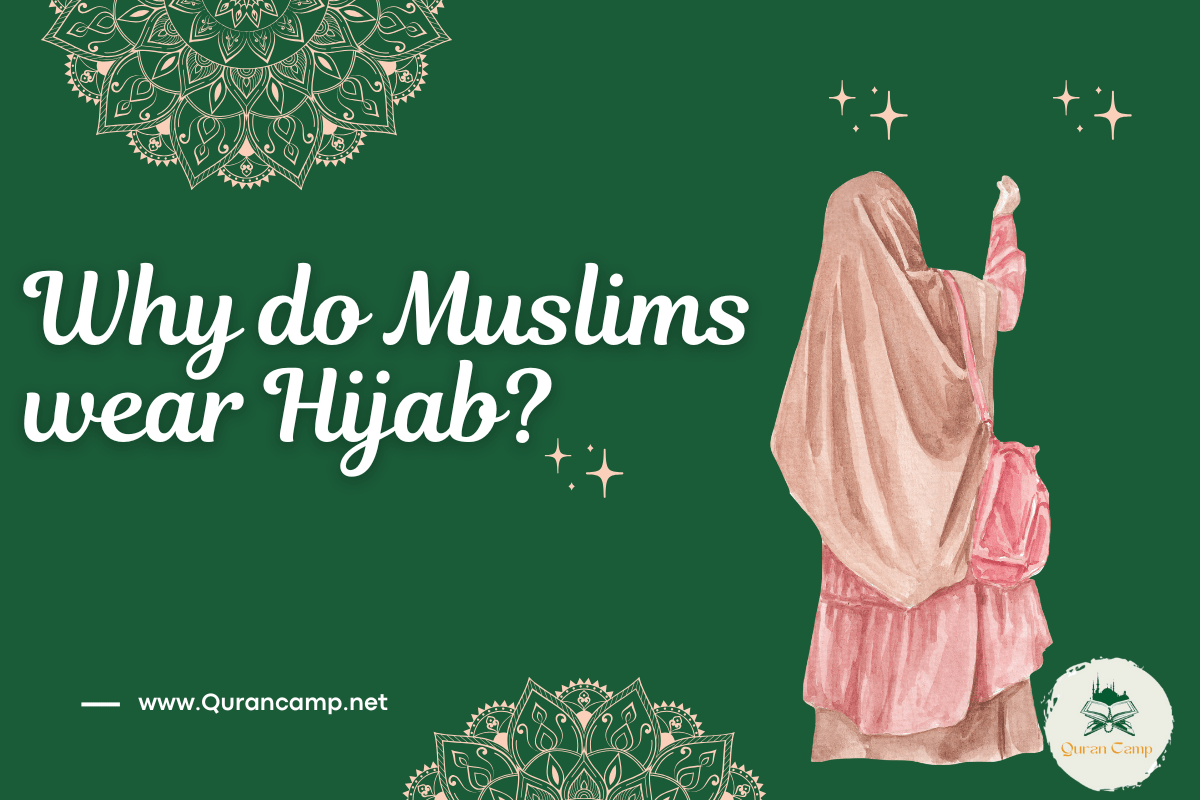
Why do Muslims wear Hijab?
The hijab is a meaningful practice in Islam, but why do Muslims wear Hijab? Discover with us why Muslims wear hijab and its significance in the Quran.
What is the Hijab in Islam?
The hijab is a head covering worn by many Muslim women to symbolize modesty and faith. Muslim women who wear Hijab follow the instructions of Allah.
Why do Muslims wear the Hijab in the Quran and Sunnah?
Why do Muslims wear the hijab in the Quran?
Muslim women choose to wear the hijab following the guidance of the Quran, as stated in the following:
- Surah An-Nur (24:31): “And tell the believing women to lower their gaze and guard their private parts and not expose their adornment except that which appears thereof and to wrap their headcovers over their chests…”
- Surah Al-Ahzab (33:59): “O Prophet, tell your wives and your daughters and the women of the believers to bring down over themselves of their outer garments. That is more suitable that they will be known and not be abused. And ever is Allah Forgiving and Merciful.“
Why do Muslim women wear the hijab in Sunnah?
The Sunnah of the Prophet Muhammad (SAW) as well provides further insights into why Muslim women wear hijabs the following:
- In a Hadith reported by Al-Bukhari, the Prophet (SAW) said: “Modesty is part of faith.”
- In a Hadith reported by Abu Dawood, he said: “O Asma, when a girl reaches puberty, it is not appropriate that anything should be seen of her except this and this,” and he pointed to his face and hands.
At what age Do Muslims wear hijab?
Girls have to wear the hijab when they reach puberty, as this is the age when they become accountable for observing Islamic teachings, including dressing modestly. However, some families may encourage younger girls to wear it as a way of practicing and preparing for when they are older.
Read more about: Benefits of Memorizing Quran
In conclusion, the hijab is an important part of Islamic culture, symbolizing modesty, faith, and a connection to Allah.
FAQs
To promote modesty, and obedience to Allah, and protect a woman’s dignity while reflecting her faith and identity.
A woman can remove her hijab in private or around close family members who are not eligible for marriage to her.



